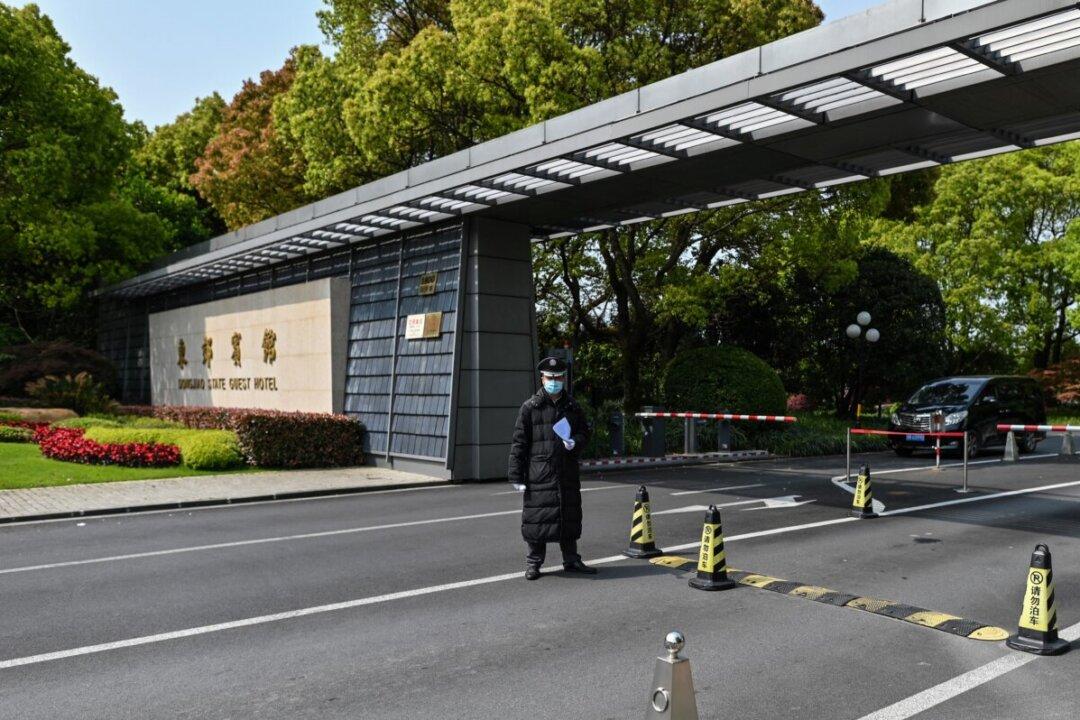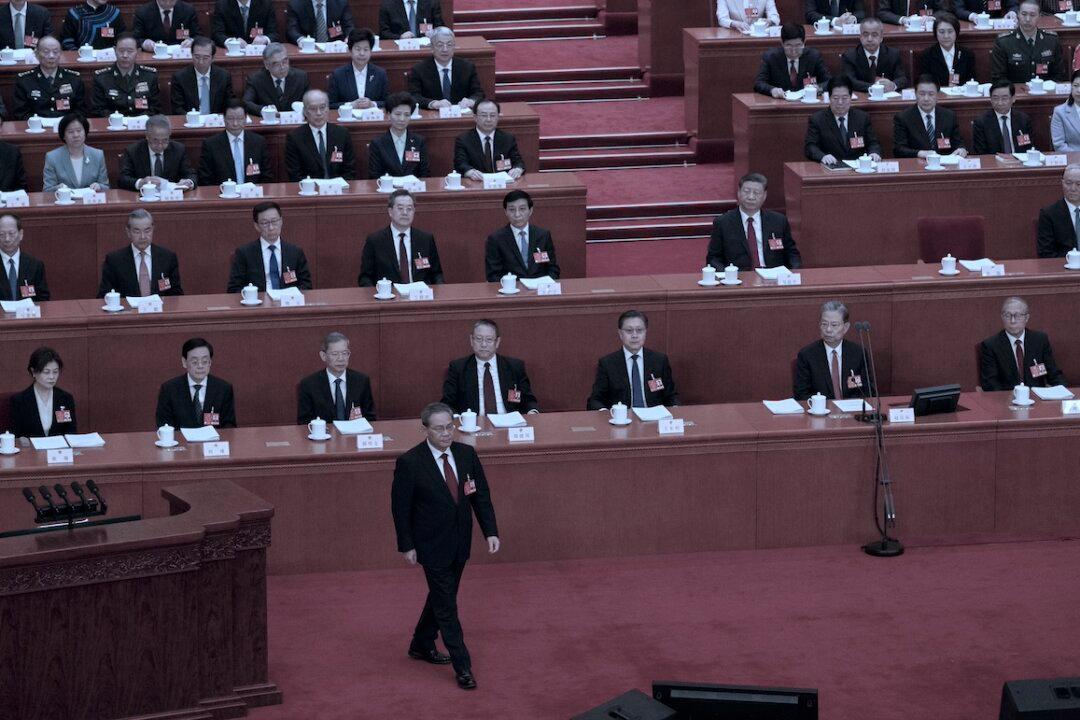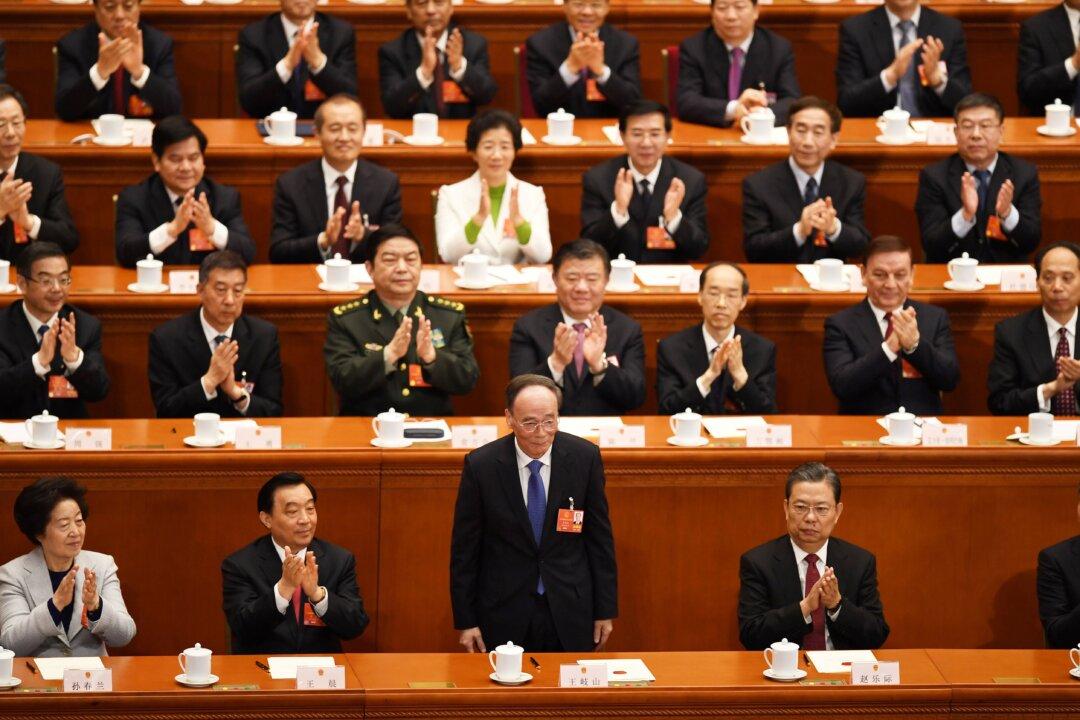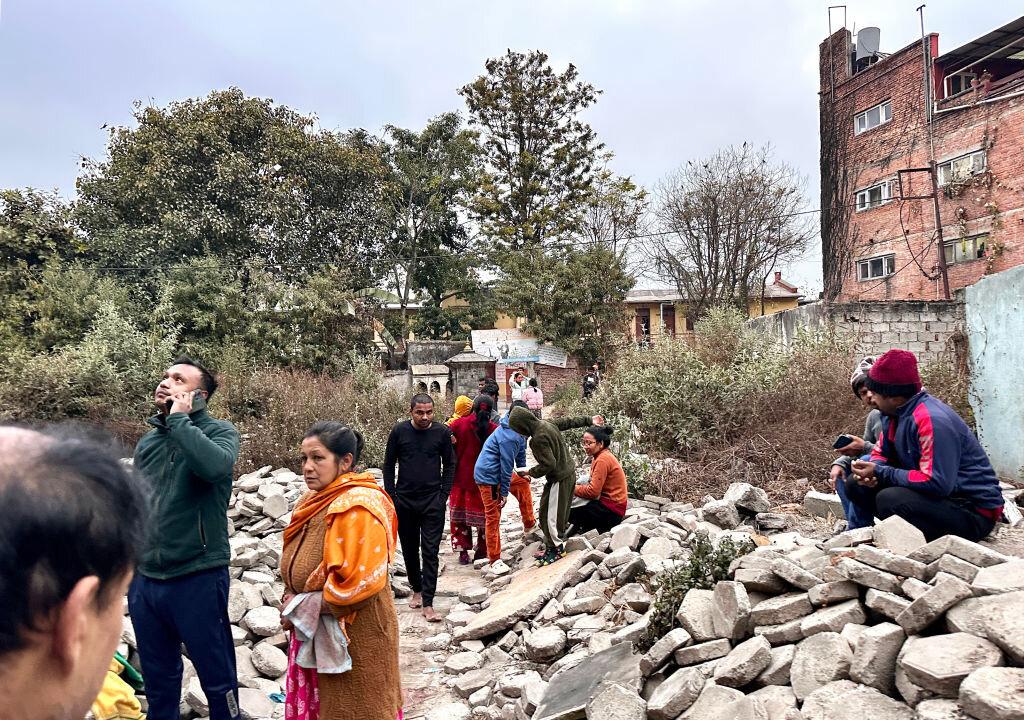Former Chinese Premier Li Keqiang recently died of a sudden heart attack after swimming in Shanghai’s Dongjiao State Guest Hotel, putting the hotel in the spotlight.
CCTV, a state media network, said Mr. Li had been “resting in Shanghai recently” and had died of a heart attack at 0:10 a.m. on Oct.27 after an “all-out effort” to revive him.




